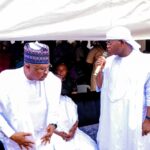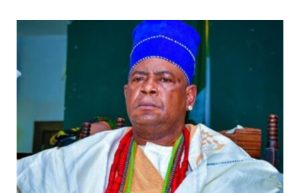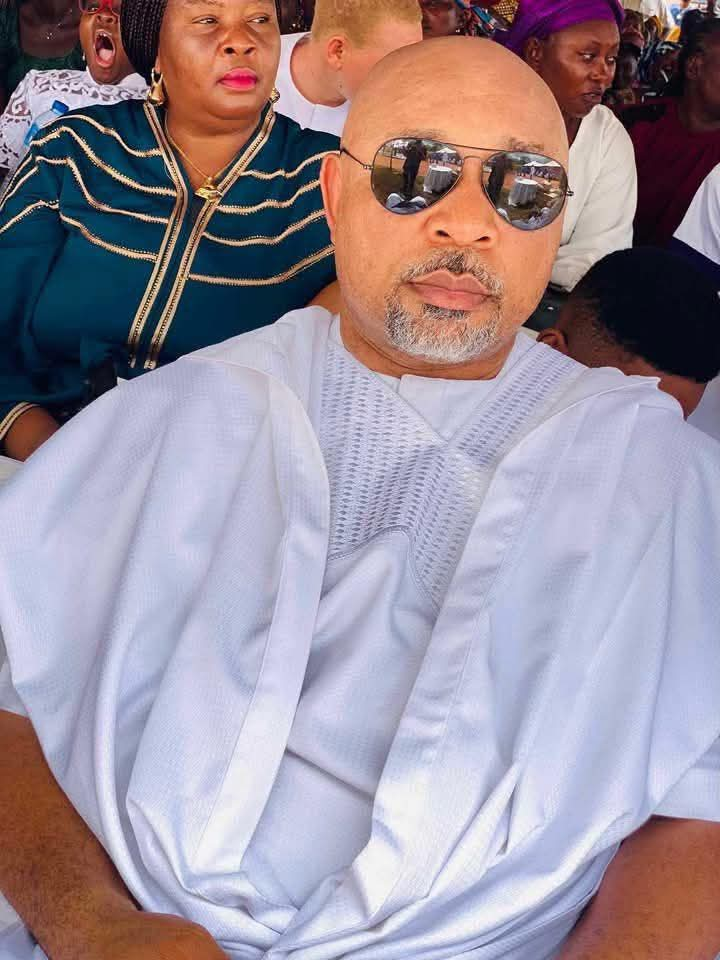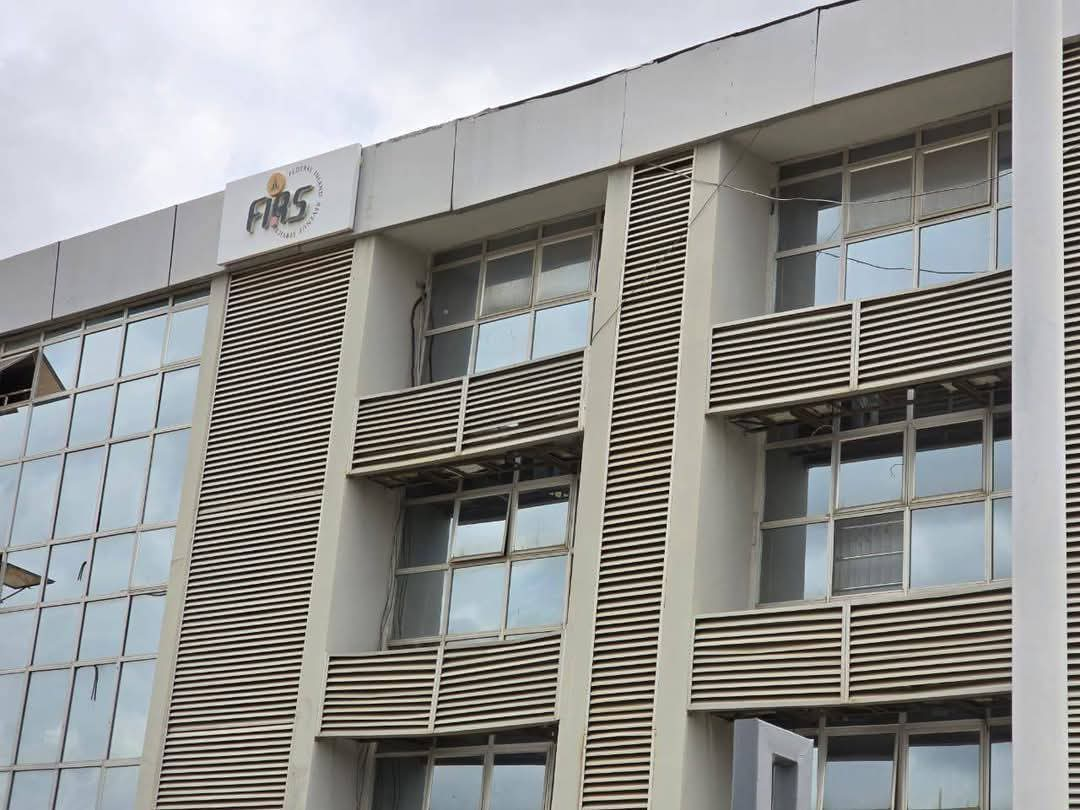By Christopher Sunday
Voxnews.com.ng
History often reminds us that the greatness of any civilization is not measured merely by its wealth or political alignment, but by the consciousness of its people—their ability to discern between manipulation and meaning, between fleeting loyalties and lasting legacies. Socrates once warned that “the unexamined life is not worth living.” Today, I echo that warning to the youth of Kogi East who find themselves entrapped in a cycle of political violence, mental slavery, and self-destruction.
Recently, the return of opposition figure Natasha Akpoti-Uduaghan to her hometown in Kogi Central demonstrated something profound. Despite her affiliation with the People’s Democratic Party (PDP), while the state is governed by an All Progressives Congress (APC) administration, she arrived, carried out her mission, and departed peacefully. No property was destroyed, no life lost, and no blood spilled on account of her political identity. This calm stands in stark contrast to the tragic reality in Kogi East.
Kogi East, despite its vast human and natural potential, has become a theater of political violence—an arena where youth are deployed as pawns in a game that rewards only their masters. With each election cycle or appointment, young men, already broken by poverty and unemployment, are handed weapons instead of hope. They burn their brothers’ houses, take their neighbors’ lives, and mutilate the same land that birthed them—all in exchange for empty promises.
It is heartbreaking to recall the last political crisis where several youths from the East lost their lives in violent clashes. Some were branded heroes of the struggle, yet not one widow from that bloodbath has been compensated. No mention of these foot soldiers when appointments were distributed. No monument, no recognition—only silence.
One would think such pain would awaken a sense of resolve, a shift in mindset. Yet, in a heartbreaking twist of irony, the same youths continue to plunge themselves into more violence—starving, divided, and hopeless. Hunger, unemployment, and poverty have not unified them in a common cry for economic emancipation, but rather in fighting each other over tokens from political warlords.
The ripple effect of this unrest has been deeply felt. Investors are hesitant to venture into a region plagued by instability. Even transporters have rerouted their journeys, avoiding the Eastern roads once bustling with trade and life. The result? Local traders lose their daily income. Commerce collapses. The region’s reputation dims.
Worse still, while these youth destroy themselves, the politicians from Kogi East—those elected to serve them—build empires in Abuja. They invest in property, enjoy luxury, and remember their supporters only during election campaigns. The same people who fought and died for them are left in poverty, nursing bullet wounds and broken dreams.
Politics should be about vision, values, and service—not violence, thuggery, and manipulation. It is not a career path for the desperate, nor should it be an escape route from unemployment. Those who exploit thugs for political gain must find alternative means of survival. This cycle must end.
Kogi East stands at a crossroads. The people—especially the youth—must make a decision: to remain prisoners of political manipulation or to rise above the mental chains that have held them bound. It is time for a cultural shift, one where dignity replaces desperation, and dialogue replaces destruction.
To the youths of Kogi East: your lives matter. Your future is not in the pockets of political patrons, but in your own hands. Stop the bloodshed. Embrace peace. Demand opportunity, not weapons.
May God help Kogi East.










